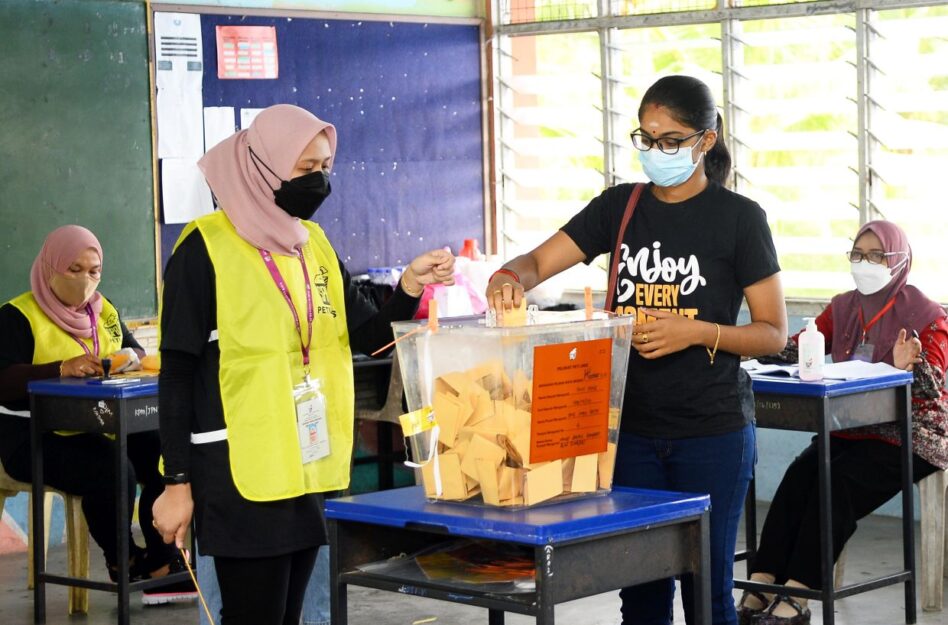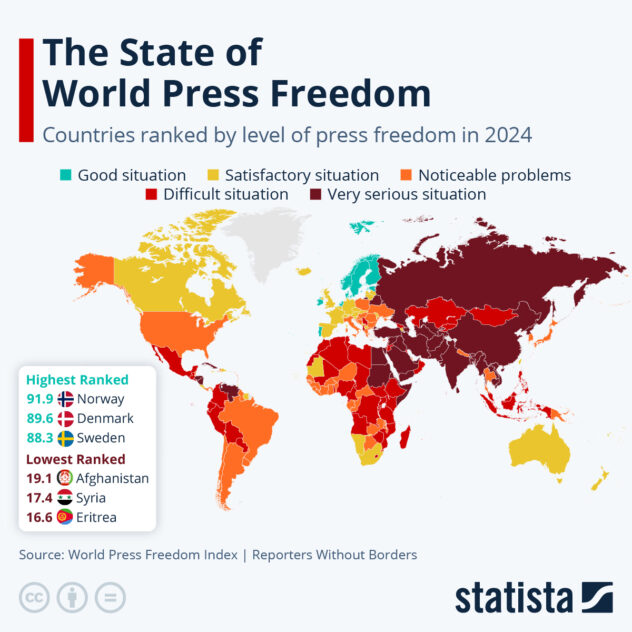THERE is a glaring imbalance in workforce competencies needed for a future world shaped by Industry 4.0 (i4.0) technologies.
Development of i4.0 capabilities, implementing of training programmes for industry and enhancing graduates’ employability and industry collaboration remain key areas that universities should focus on to support industry needs.
As Malaysia moves forward, it must address the mismatch of graduate skills and competencies, this requires a multi-pronged effort.
“The first step in this effort is to understand emerging technologies and how they shape the landscape,” Monash University Malaysia’s Global Asia in the 21st Century Multidisciplinary Platform director Prof Mahendhiran Sanggaran Nair told FocusM.
“At the moment, Malaysia is embarking on the ‘10-10 MySTIE’ initiative – helping industry sectors evaluate the potential of future technologies to shape the future as well as map out the enabling ecosystem needed to reap tangible benefits.
“Besides that, education from primary level to universities must be attuned and aligned to the shift in needed competencies.”
There must be a collective effort involving industry stakeholders, the Government and academia to bridge the gap between supply and demand.
Many business leaders opined that strong collaboration between academia and industry will go a long way to meet industry needs and reduce graduate unemployment in the country.
A joint partnership survey by Monash University Malaysia and CPA Australia – Malaysian Business Sentiment 2020/2021 – revealed that compared with 2019, the percentage of firms that have fully implemented i4.0 shows a slight decline to 13% in 2020 from 16% the year before.
The absolute number of firms that have fully implemented i4.0 appears to have levelled off, but the number of firms embarking or at mid-stage of implementation is increasing, according to Monash University Malaysia’s School of Business head Professor Ahmed Pervaiz Khalid.
“The uncertain environment has meant that many companies have been distracted by the need to ensure short term survival,” Pervaiz noted.
“The energy and financial resources that may possibly have been allocated to long term i4.0 investment were likely to have been redirected to weathering the COVID-19 pandemic.”
With the financial incentives scheme provided under the 12th Malaysia Plan and the newly introduced 10-10MySTIE framework, there is hope that the i4.0 adoption will intensify in 2021. – Dec 18, 2020










